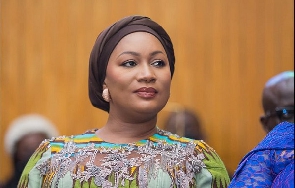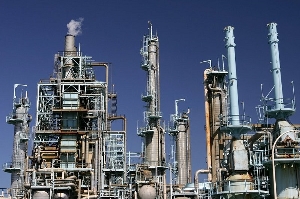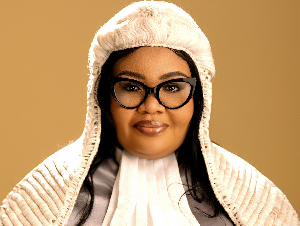Second Lady, Samira Bawumia, says Ghana is developing a clean cooking strategy and an investment prospectus to open the industry for more business opportunities. She said the strategy would also set up the framework for the promotion and development of effective clean cooking solutions. The Second Lady said this during the Post-Conference Ghana Day of the Clean Cooking Forum 2022 dubbed: "Increasing Access to Clean Cooking Solutions." The forum sought to allow stakeholders and see whether Ghana was achieving the global target with regard to SDG 7, which calls for affordable and clean cooking. Ghana is said to have made some significant progress in promoting clean cooking where about 37 percent of the population uses Liquefied Petroleum Gas (LPG) and in the area of biomass cookstoves, Government through the Energy Commission had been distributing three million stoves. Mrs. Bawumia said: "Clean cooking is an urgent development issue which has significant benefits for public health, policy generation, local environment, and climate." "Achieving clean cooking solution solutions require a behavioral change to build the current and next generation. We need to challenge ourselves to break attitudinal and social barriers to achieve them," she added. The Second Lady called not only for the adoption of technology in preparing indigenous Ghanaian dishes but the need to input energy technologies and solutions into the school curriculum. She said Sustainable Development Goal 7 and Universal Access to Clean Cooking were imperative for Ghana's success stories of energy transmission. She said it took Ghana 30 years to get 37 percent of its population to use LPG and called for the collaboration of stakeholders to bring the needed strategy that would help achieve universal access to clean energy by 2030. A statement from Mr. Sameer Shukla, a Representative from the World Bank, said, several billions of dollars had been lost in terms of health, vegetation, and forest due to people not having clean cooking. He said Ghana had seen a significant reduction of 75 percent of the population to 50 percent, using biomass energy largely due to LPG usage. He urged that prices and subsidies of LPG and other clean technologies be critically looked at to get the entire population moving towards clean cooking solutions. Mr Oscar Amonoo-Neiser, Executive Secretary of, the Energy Commission, said the indiscriminate cutting of trees for wood fuel, firewood and charcoal had led to air pollution, causing some deaths. He said standards and regulations on biomass cookstoves had been developed and the regulations were in Parliament and would be passed when the lawmakers were back from recess. Mr. Amonoo-Neiser said the Commission was also developing regulations for the wood fuel sector to formalize the sector and maximise value along its value chain; notably production, transportation, packaging, sales, and marketing. That, he said, was all part of efforts geared towards achieving Universal Access to Clean Cooking by 2030.













